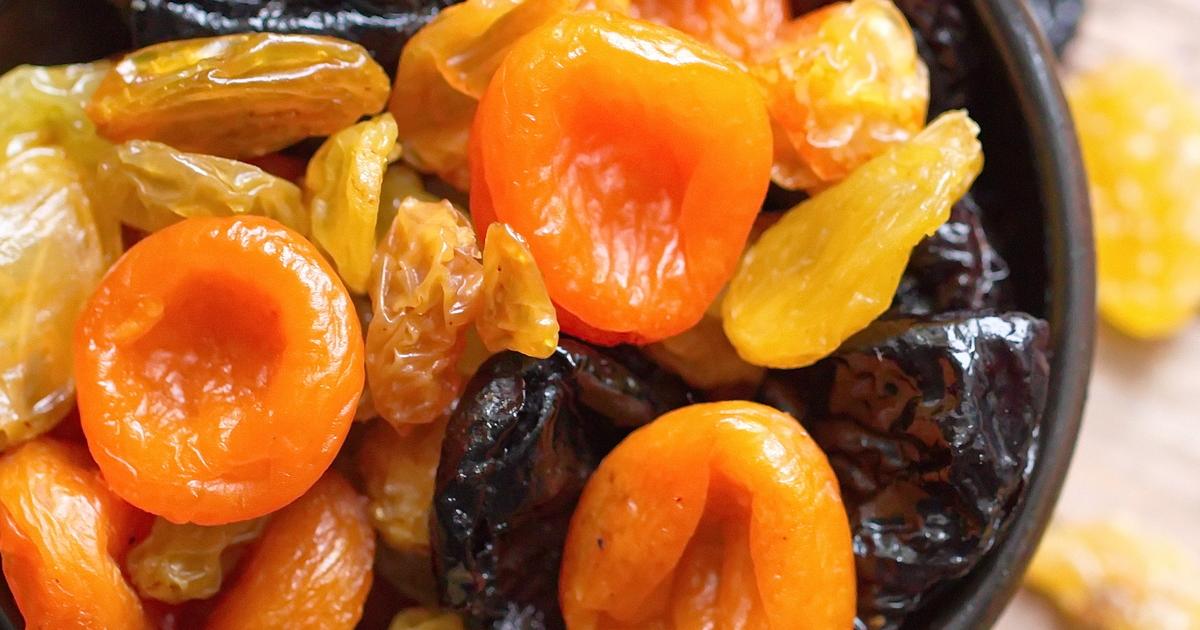The Best Basic Tips For Cutting Out Processed Foods
Clean Out The Kitchen

If individuals are serious about cutting out processed foods, then it's time for them to clean out their kitchen. This can be a daunting step, but the good news is individuals don't have to do it all at once. They might clear one shelf of their pantry at a time, or simply do a quick pass through their fridge to get rid of expired items. When cleaning the kitchen, individuals should look for foods with ingredients they don't want to ingest anymore. If possible, individuals can donate them to a food bank or look up community resources for exchanging food. The exception is if the food is past the expiration date, in which case it should be thrown out. When restocking, individuals should keep their new unprocessed way of eating in mind.
Continue reading for more advice on cutting out processed food now.
Minimally Processed Alternatives

It's very difficult to find foods that have not been processed in some way, unless individuals are purchasing whole fruits and coffee beans. Processing doesn't just refer to the addition of chemicals, sugars, and preservatives. Any time a food is altered by being cut or mixed, it's considered processed. The term 'minimally processed' is used to describe organic foods processed through natural means, and that haven't been subject to the addition of chemicals or artificial sugars. Minimally processed alternatives include ingredients that might have had inedible parts removed, been dried, ground, crushed, filtered, roasted, fractioned, boiled, refrigerated, frozen, vacuum packaged, or fermented non-alcoholically. The systems for creating these foods tend to be highly sophisticated and calibrated so the foods will remain edible without being subject to preservatives. In addition to the processing plant, foods might go through minimal processing when they're stored, packaged, or transported. A minimally processed alternative is a better option than a choice full of artificial substances.
